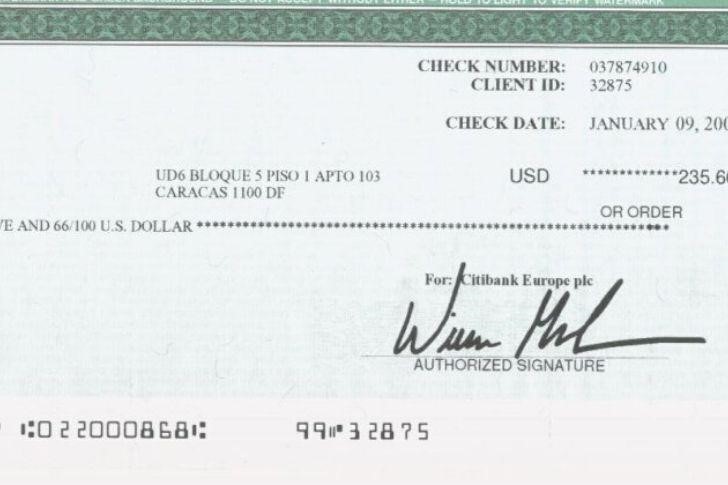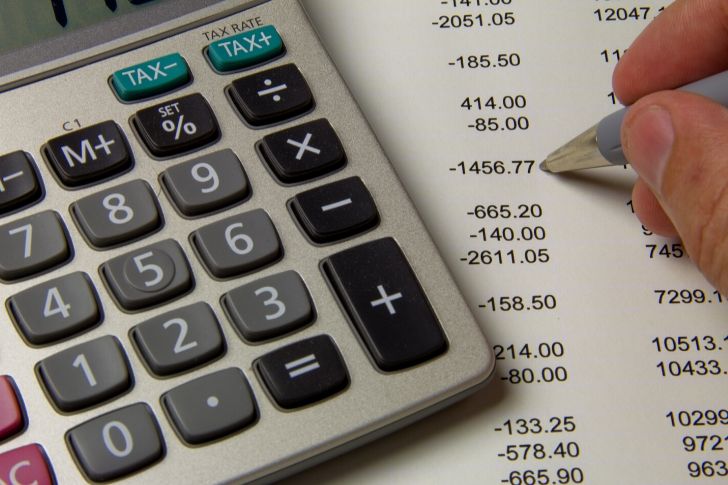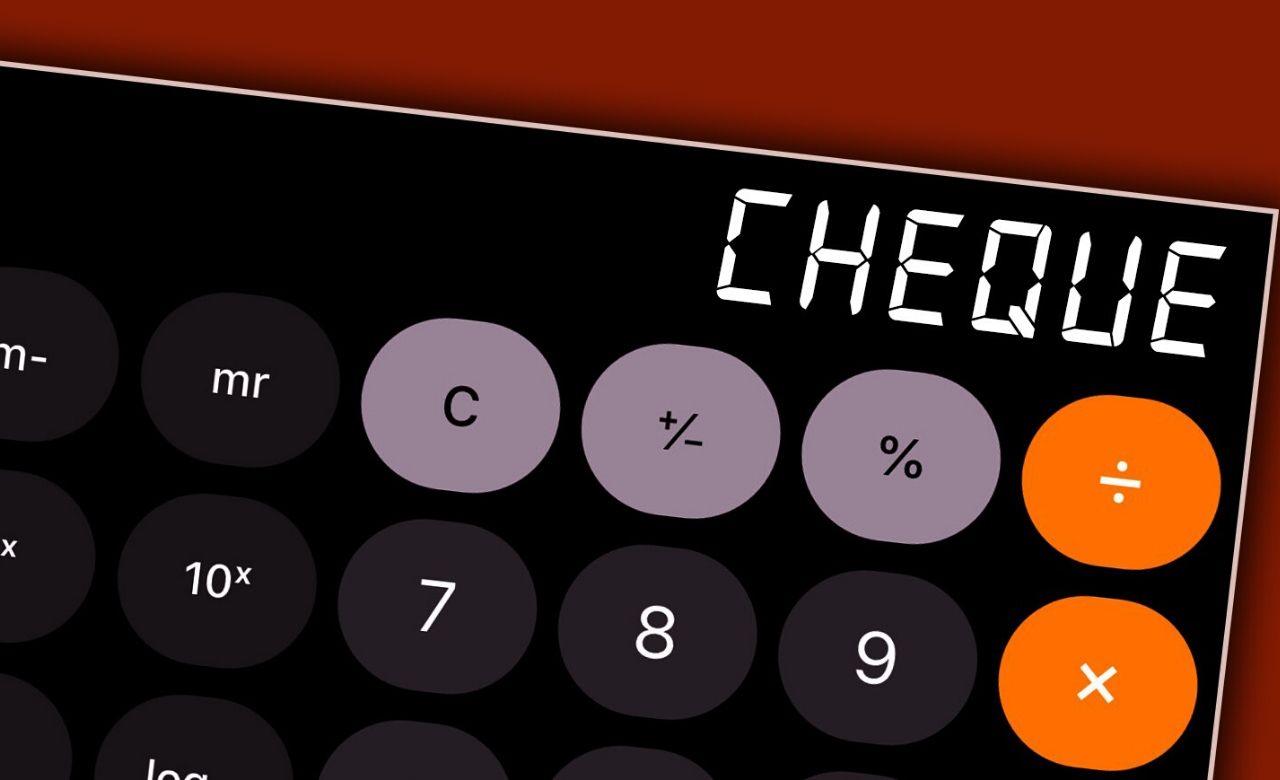Curious about the difference between a savings account and a checking account?
As its name suggests, a checking account is a type of bank account that allows you to write checks to release the money you have in your account. However, nowadays, people with checking accounts widely use ATM’s rather than writing checks.
Checking accounts are convenient for small and frequent expenses and direct deposits. This makes it useful for daily use. For many, this is the first or second account they hear or learn about when they first start their financial journey.
To know more, here’s a guideline for you.
1. What is a checking account?
As mentioned earlier, checking accounts allow owners to write checks with the money they have in the bank. However, most people prefer to use an ATM or to swipe their card for purchases or utilities like electricity bills.
Nonetheless, some banks continue to provide a set of printed checks upon the opening of the account.
What are the features of a checking account?
– It comes with a debit card.
– It comes with one free set of personal checks.
– It allows direct deposits from your payroll.
– It allows you to send money through transfers and wires.
One perk checking accounts offer is automated deposits and payments. For example, you can arrange direct deposits from your checking account to allot payment for your business or personal loan.
2. What are the different types of checking accounts?
Typically, there are seven types of checking accounts. These are the standard, online, business, premium, student, senior, and second-chance checking accounts.
Each type of checking account provides different pros and cons that are appropriate for each type of account holder.
For customers who prefer the old brick-and-mortar service, the standard checking account will fill their needs. However, it does have a minimum balance per month and ATM fees.
For customers who prefer the online banking experience, the online checking account is perfect for them. It has lower fees and higher interest rates but has limited to no access to branch locations.
For business owners, the business checking account provides higher spending and withdrawal limits – perfect for business loans and credit score building – but it has a higher minimum balance and fees.
Premium checking accounts are for customers who often deposit large amounts of money while student checking accounts are for qualifying high school and college students looking to build their banking experience and savings for their incoming student loans. Senior checking accounts are for senior citizens, while second-chance checking accounts are for customers with bad banking histories looking to redeem themselves.

3. What are the fees for checking accounts?
Checking accounts come with a variety of fees.
Sometimes, merely opening a checking account already requires a fee to pay. Most banks also charge a monthly maintenance fee for the upkeep of your account.
Overdraft or non-sufficient funds fees are also applicable when you over withdraw, or when your balance drops to negative. Some banks charge $35 for these fees. There are also fees such as non-network ATM fees. You get charged with these when you use your debit card on an ATM that’s not part of your bank’s network. It usually costs $2.50 locally and $5 internationally.
There are also fees for wire transfers, printed statements, and cashier’s checks.
4. What’s the difference between checking accounts and savings accounts?
Checking accounts are largely more accessible than saving accounts. Saving accounts, after all, are designed to save your money by restricting your access to it.
Checking accounts also have low interest rates, only amounting to 0.01%. That’s why it’s best only for daily and small expenses.

5. What do you need to open a checking account?
Before opening a checking account, get the baseline of your financial habits and needs. How often do you swipe your debit card, write a check or withdraw money from the ATM?
How much money do you want to keep in your account? Will you have another stream of income funding for this account?
Answering these questions will help you learn whether or not to open a checking account, and if so, what type will be the best for you.
Based on Materials from Value Penguin
Photo Credits
Mike Lawrence/Flickr
Jose Rafael Camejo/Flickr
Ken Teegardin/flickr

